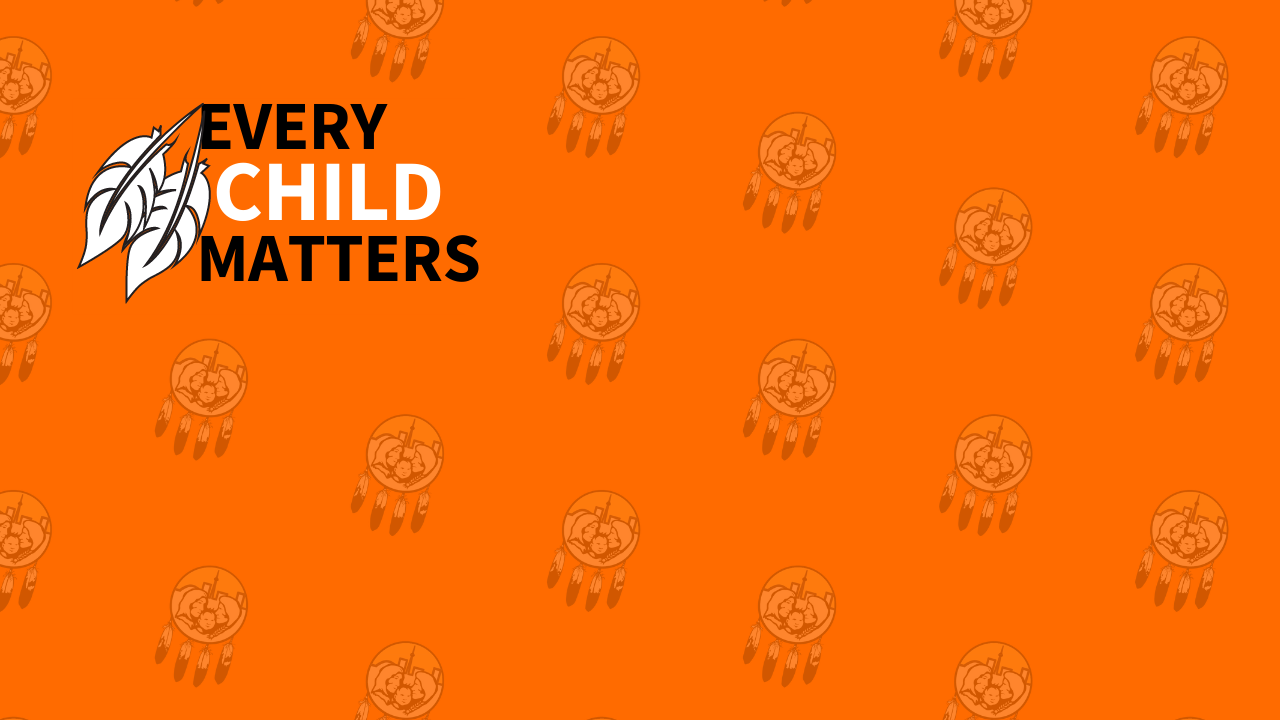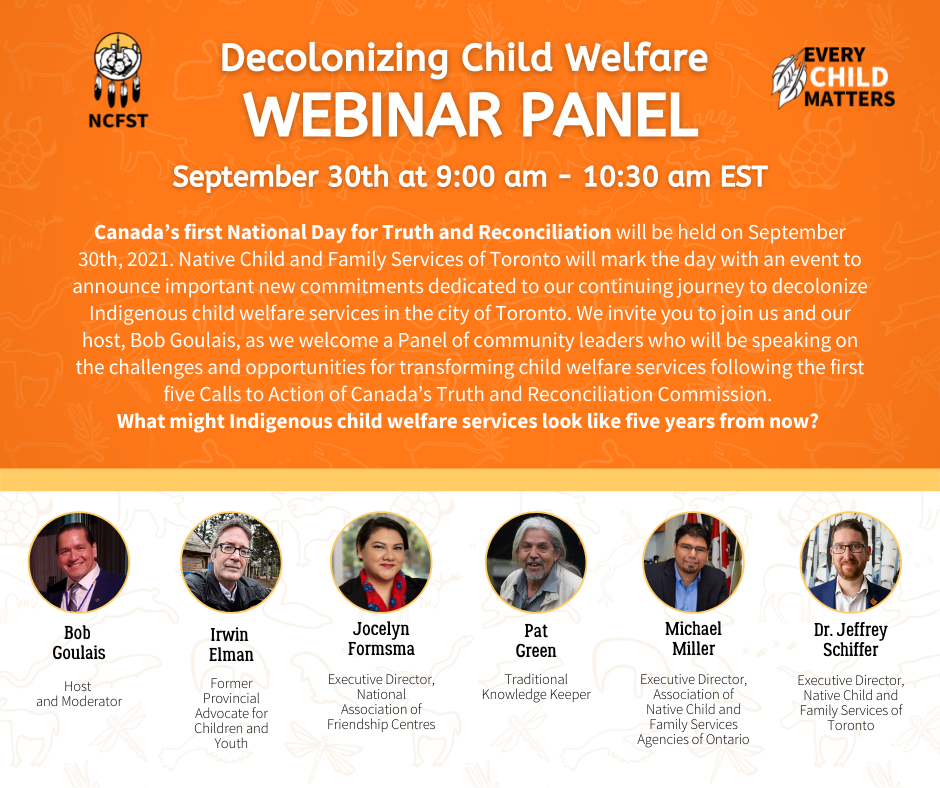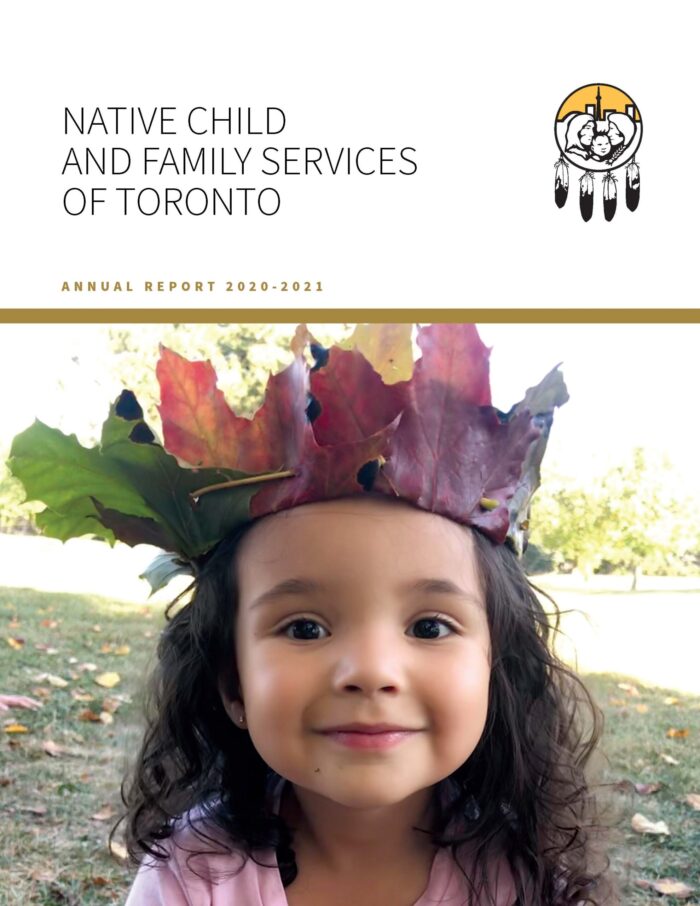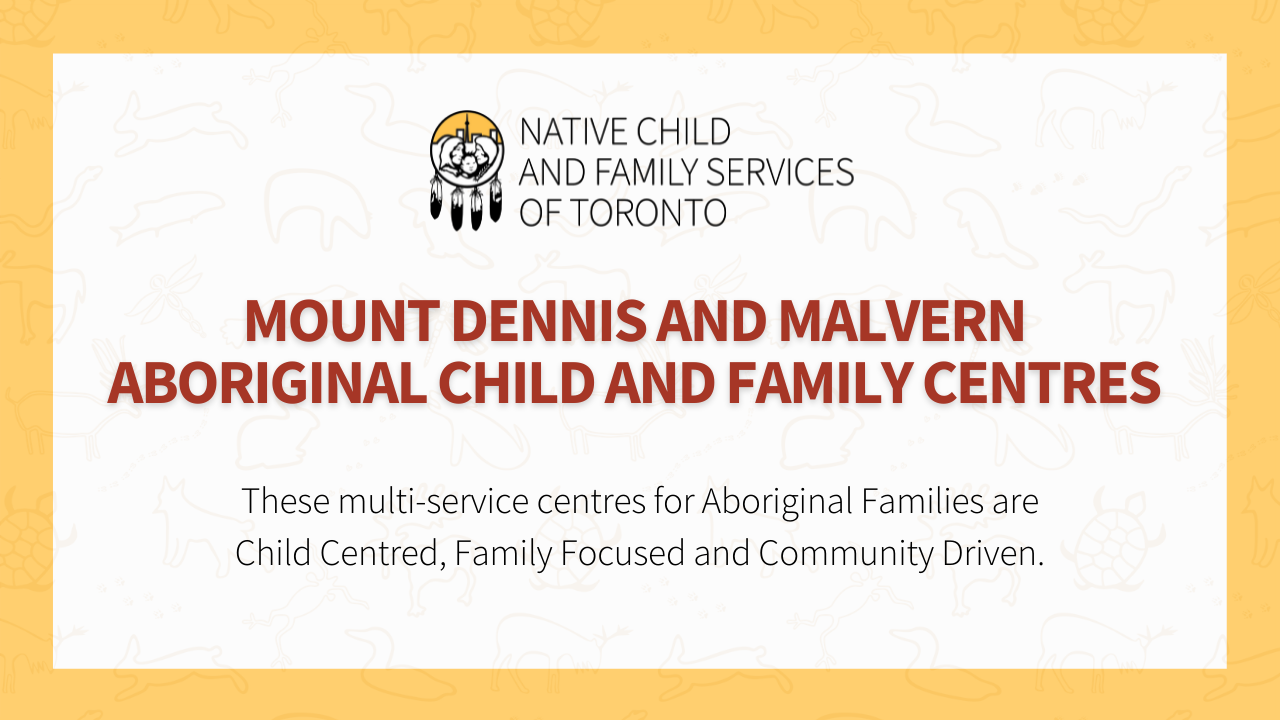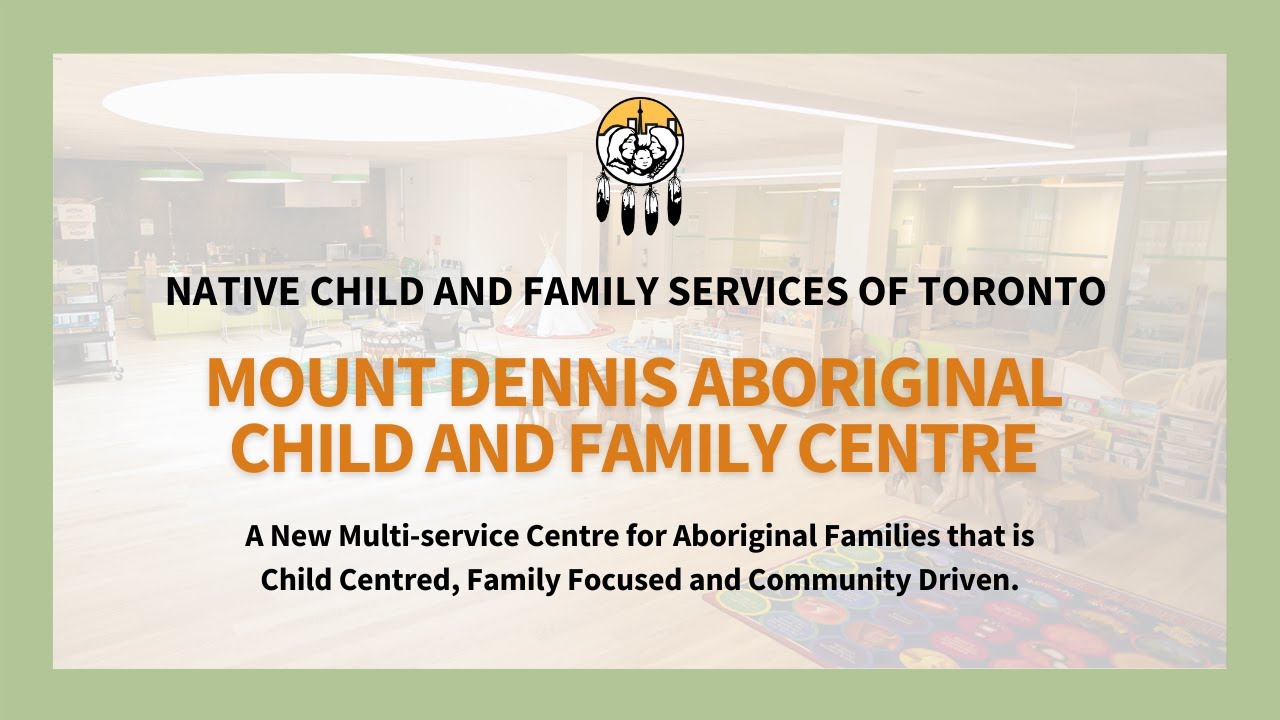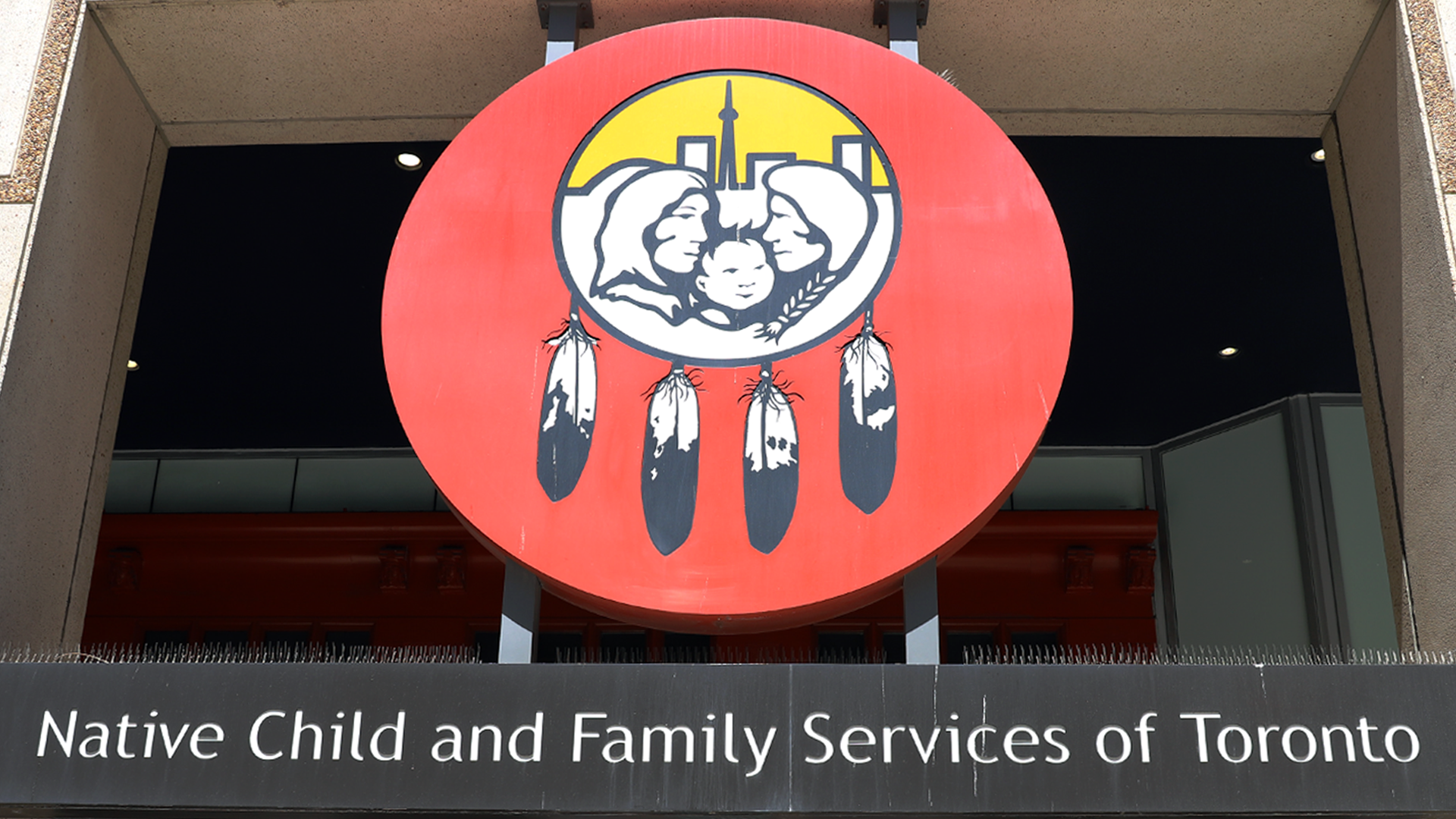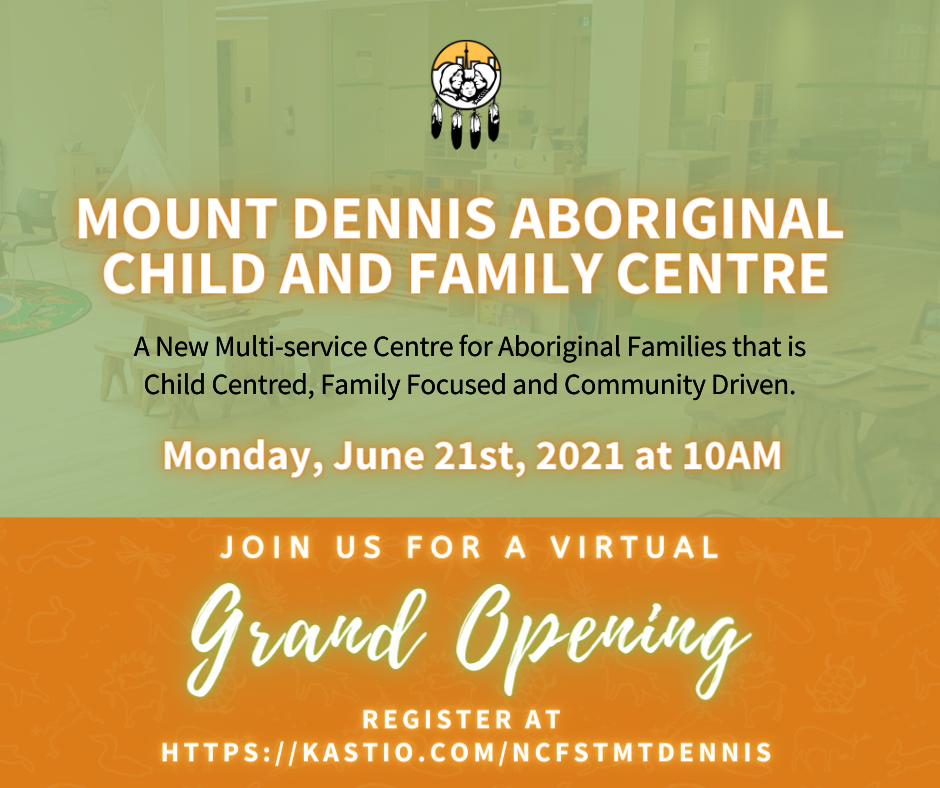Today, on Canada Day, Canadians find themselves standing at a crossroads. For the past 153 years, Canada Day provided a chance for Canadians to celebrate the remarkable country they call home and the people they share it with. Today, many Canadians are torn between celebration and reflection.
This spring, Canada woke to dead Indigenous children buried in their backyards and to the dawning realization that Canada committed a genocide. Within this horrific landscape, it’s easy to see a schism in the fabric of the national identity: on one hand, Indigenous people who have known about genocide for generations, and on the other side, Canadians who are being confronted with their role in this shameful legacy.
There’s a lot to confront. How can it be that this country, with its national identity so firmly grounded in politeness that its largest city was once nicknamed “Toronto the Good” be complicit in genocide? How can there be something as evil as genocide in a country so loved around the world that travelers sew Canadian flags onto their backpacks to be recognized for what we believe we are: kind, inclusive, welcome, diverse, and above all “good”. Canadians are good people. Canadians are nice people who humble brag in memes about being polite, with family values front and centre, and leading the world in practices that support diversity, equity, and inclusion.
By and large, Canadians are all these things. And Canadians are also complicit in genocide. The Indian Act of 1876 was created by a new nation designed to assimilate the original inhabitants of the land. Canadians are now beginning the hard work of understanding why this Act was so wrong and why it has such detrimental consequences today.
Canadians have long tried to normalize or ignore the inequities found in Indigenous communities; this cannot continue. The genocide that Canada has committed has killed Indigenous children, annihilated identity, stolen land, reshaped our values and made our relations toxic. This has resulted in communities that continue to struggle to this day. Our ambitions as a people are more than just being resilient and alive, we want to thrive and have a life of quality that is not less than but equal to Canadians. Indigenous resilience can only be as strong as our weakest link. Sadly, the statistics do not tell a kind story here. Indigenous youth are killing themselves at rates much higher than other Canadian populations and Indigenous people fail to attain the longevity of life of the typical Canadian and are burdened with far more health inequities than should be just. The result is a humanitarian crisis occurring in plain sight. Genocide has long-lasting impacts and consequences. It cannot be addressed with “kind remarks and good wishes”. True accountability and meaningful action remain elusive. Concrete action has been replaced with denial, blame, racism, hate and so the injustice continues. The burden of truth-sharing now rests on the shoulders of dead children, speaking to Canadians from the grave. We hope Canadians are listening to the former students who are now our teachers in healing and reconciliation.
Canada is not a perfect dominion. For communities that have been marginalized, there is little to celebrate in the grand story of Canada. Canada, in its current form, benefited from the policies of the Indian Residential Schools and continues to benefit from contemporary policies that harm Indigenous peoples. From the Indigenous perspective, the Dominion of Canada is simply not living up to its ideals. Many Canadians say the way forward is not to stop aspiring to be a better people. Many Canadians will not celebrate Canada for what it has been in the past but will celebrate it for what they want it to be in the future. Many folks want to celebrate Canada while also acknowledging the atrocities committed. The absurdity of this juxtaposition is not lost but also somehow speaks to the complexities of the relationships and issues at hand. Canada’s independence was born from Indigenous dispossession of land and the promise of reciprocity and treaty-making; a sharing of the bounty with obligations established on both sides. Celebrating the birth of a Nation and its independence should be a source of pride. As Indigenous people, we know all too well that self-government and independence is vital to a Nation’s identity, prosperity, and well-being. There can be no pride in genocide but there can be dignity in doing the right thing. Canada Day is an opportunity for Canadians to get reacquainted with treaty making and for Canadians to better understand their obligations as treaty holders.
Canadians can choose to celebrate, and Indigenous people can grieve, and this can be done side-by-side. The Haudenosaunee people and early settlers created a road map for sharing the bounty of this land; a path to being two nations traveling side-by-side. This covenant was recorded in the Two Row Wampum which symbolizes two vessels: one boat is the canoe holding the Haudenosaunee way of life, laws, and people. The other is a European ship complete with their laws, religion, and people. These boats travel together on a shared river, respecting each other as different and distinct.
When we look across the great divide, we see folks who want to celebrate the good that Canada represents to them. We recognize that Canada has become a place of safety for millions of people from every corner of the earth. We recognize the contributions to science, to literature, to peacekeeping, and sports. We see these things through the tears in our eyes and the pain in our hearts. The promise of the Two Row Wampum and similar covenants and treaties is the promise of respect and self-determination. It is the promise of the autonomy granted by nationhood. Democracy at its best is aspirational. The aspirations of Canada have come at the expense of its original inhabitants. While the two boats travel separately, they do share the same river. The waves of genocide rock each boat and both peoples suffer the effects. For Indigenous people, the impacts are clear. For Canadians, the effects are subtle but no less profound. There can be no Reconciliation without Truth.
July 1st is an opportunity for Canadians to reflect; to discuss their role in genocide and to amplify Indigenous issues in privileged spaces that have historically been closed to Indigenous voices. July 1st is also an opportunity to visit with family, to celebrate what is good in this young and troubled nation. An Elder once said, “Creator gave us the gift of this good life, and it’s our choice to walk each day with joy and gratitude”. Celebrate what is joyous to you, acknowledge what you feel gratitude for. Pause. Reflect.
Canada Day will look different this year. People will wear orange. Some will protest. Others will host family gatherings or attend fireworks celebrations. We are, after all, a fractured nation and people are finding their way through this unknown landscape. On July 2, Native Child and Family Services of Toronto will be hosting a Sacred Fire for Community Healing and Wellness at our 30 College location. The fire is an opportunity for Indigenous and non-Indigenous Canadians to gather in sacred space and remember the atrocities that have been committed, honor and remember the children who died, and the families and communities who have been devastated. It is an opportunity to get grounded in the treaties and covenants of this bountiful land that we share. The effects of genocide echo through time and are still felt today. There can be no Reconciliation without Truth.
“Together we will travel in Friendship and in Peace Forever; as long as the grass is green, as long as the water runs downhill, as long as the sun rises in the East and sets in the West, and as long as our Mother Earth will last.”


